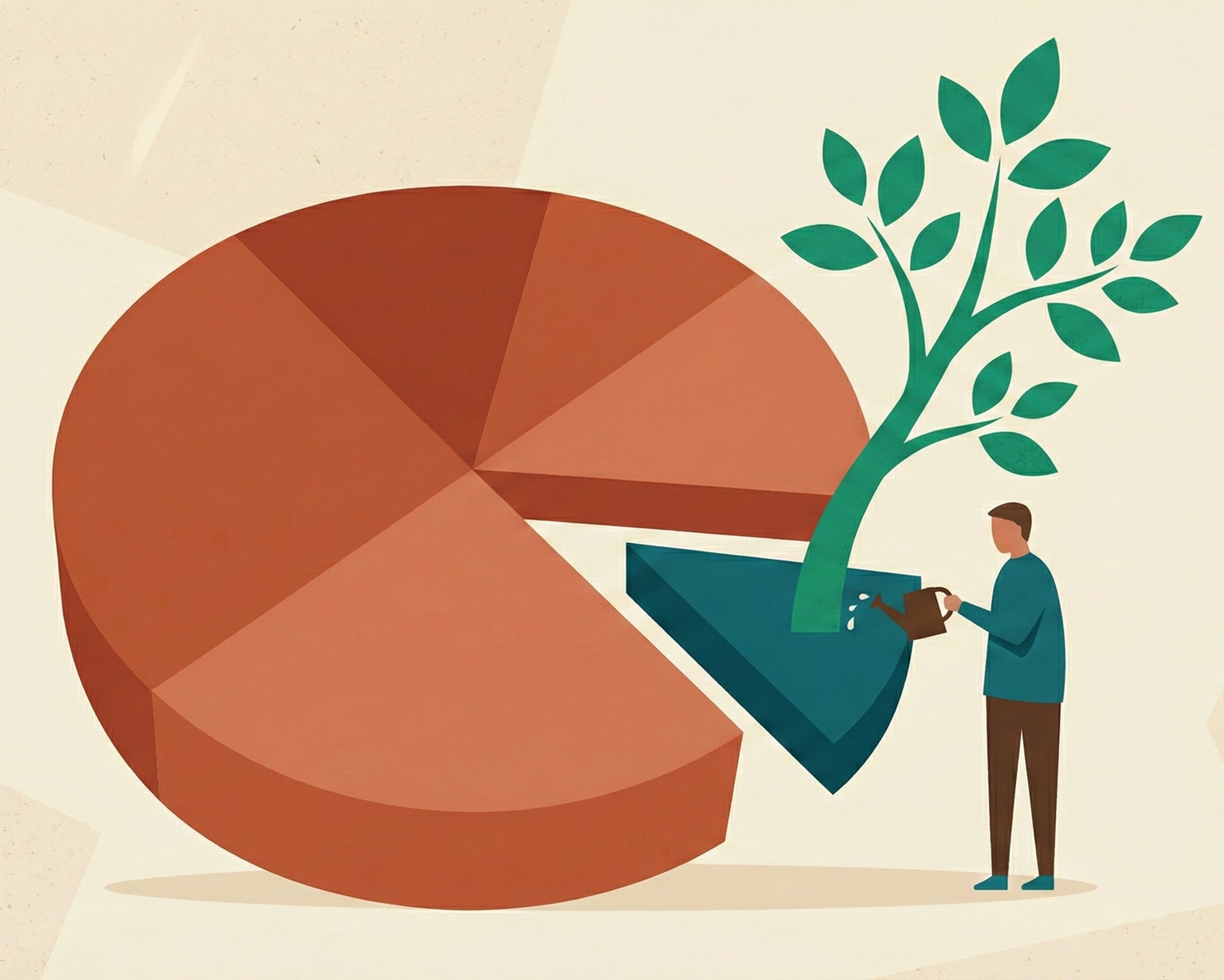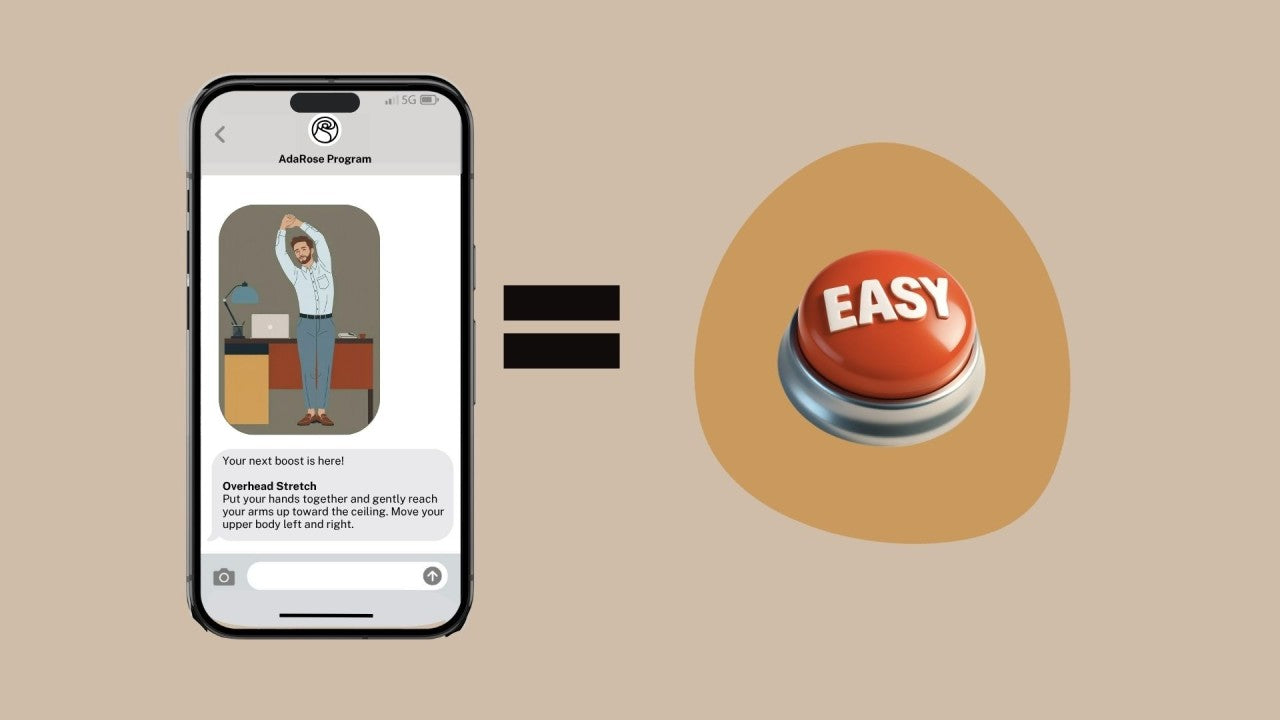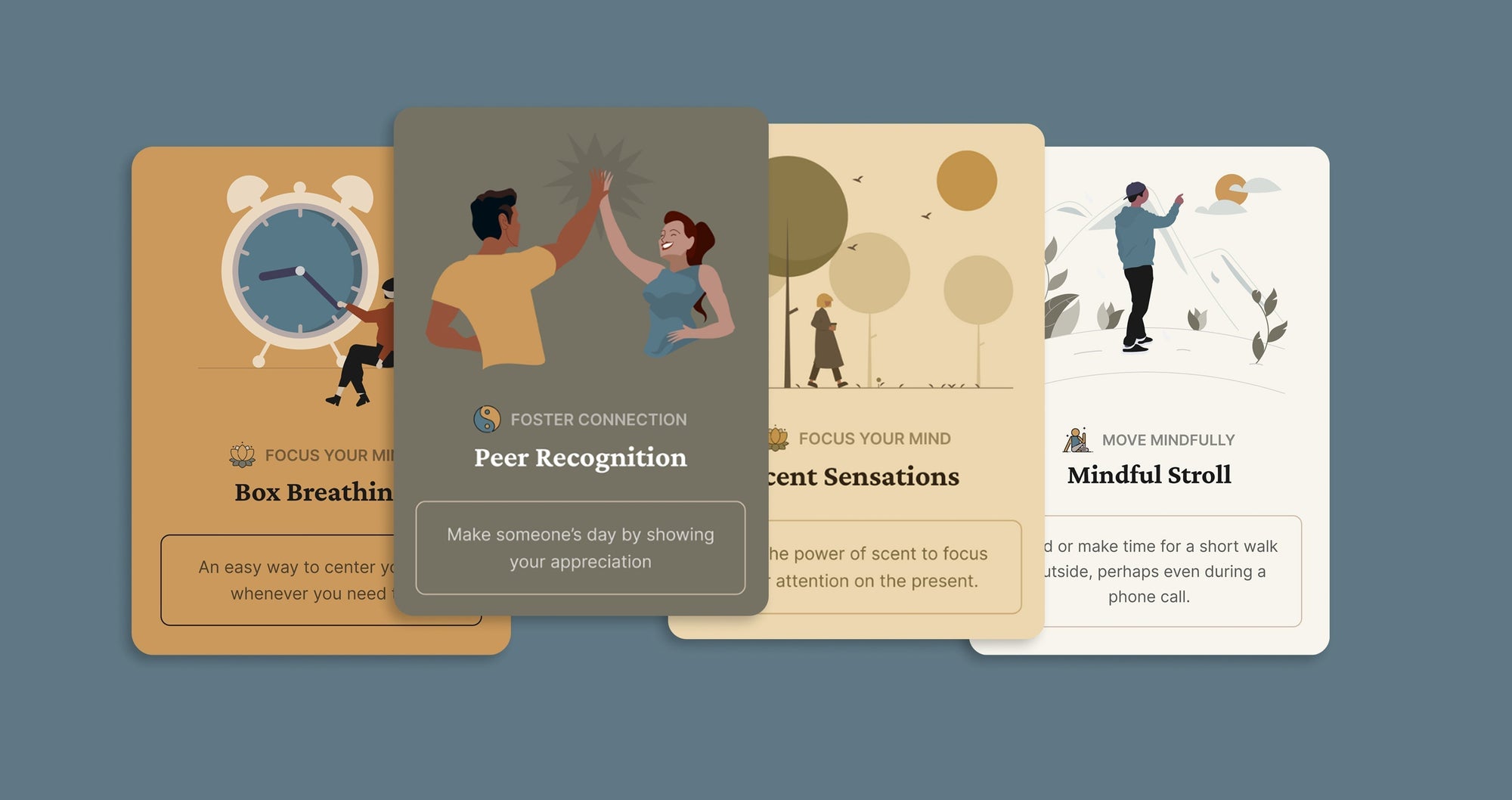This post is an introduction to digital health for consumers and patients. It's Digital Health 101 in two parts. This first part explains what digital health is, and why it's critically important right now. The second part shares specific ways you can use it to make your health and your life better.
Part I: What is Digital Health?
In the simplest terms, “digital health” is health and healthcare services plus digital technology. But that includes a pretty big bucket of hardware, software, and services.
There are more than 30 different definitions of digital health, many focused on things that take place “behind the scenes” within the healthcare system. These improve your healthcare by making it safer and more effective through activities like coordinating the services you receive, population health management, and personalized medicine, the opposite of a "one size fits all" approach. In addition, digital health allows you to take a more active role in your own health as a patient or consumer.
Depending on the state of your health and how involved you choose to be, digital health can benefit you in several ways. It can make your self care and healthcare more convenient, affordable, and effective. You can use it to tailor your healthcare to your unique needs. In short, digital health can give you the power to improve the quality and maybe even the length of your life.
Why does digital health matter now?
Digital health has been gaining traction for decades, but the COVID-19 pandemic gave it a big boost. Just as most Americans increased our use of technology for work, school, shopping, and entertainment, we also began using technology more for health and healthcare. One example: over the span of just a few weeks in 2020, telehealth visits soared from 5% of patient visits to nearly 93%.
Technology and business investment in digital health have been growing, too, with more than $7 billion dollars invested in it in the first quarter of 2021.
The health system's internal use of digital health is critical for consumers and patients because it can help address some of our biggest challenges, like increasing health equity by making it easier for disadvantaged populations to get healthcare services, and making it easier to track and understand how the social determinants of health, including access to nutritious foods, safe neighborhoods, and good education, can impact health.
Another example of digital health behind the scenes in the health system is the use of artificial intelligence (AI) and machine learning (ML) to help clinicians make good decisions. There is more scientific and medical information available today than any human can realistically keep track of, but computers can analyze it and present it to people.
Tools like AI and ML are valuable for finding patterns in health records representing large populations, research shared in peer reviewed journal articles, and data from genetic sequencing. So, for example, AI and ML lets clinicians identify patients at high risk of certain types of cancer and other conditions much earlier than used to be possible, which means some diseases can be treated earlier or prevented altogether.
What are some examples of digital health tools and services for consumers and patients?
Digital health covers a wide variety of tools and activities, some of which were designed specifically with health in mind (example: a wireless blood pressure cuff). Other tools, like social media, can be applied to solve health problems (for example, as a platform for a support group for colon cancer survivors).
Some common types of digital health tools and activities for consumers and patients:
Online Research — Using search engines, health websites, social media and other kinds of online communities to find health information.
Telemedicine and Telehealth — Healthcare at a distance, including virtual visits between patients and clinicians, and remote patient monitoring of patients by clinicians using connected digital devices.
Patient Portals and Personal Health Records (PHRs) — Electronic Health Records (EHRs) are a type of software used by healthcare providers to manage clinical and billing data for patients. Most of them include patient “portals” for patients to access their own information online. PHRs are similar, but don’t have to be tied to a single healthcare organization.
Wearables and Sensors — Examples include smartwatches, smart running shoes, and other types of clothing and devices with sensors which can track movement, temperature, heartbeat, and other health metrics in the course of daily life. Sensors can also be embedded in appliances in your home or environment.
Online Communities — Thousands of health-focused communities of patients, caregivers, researchers and others exist on websites and in public and private groups. Many are on popular social media platforms, especially Facebook. Topics range from fairly broad (managing mainstream conditions like diabetes or depression) to tightly targeted (such as a regional support group for a rare disease). They boost diversity and inclusion because they make it possible for people with something important in common to connect, whether it’s how they feel, how they look, or what cultural norms they’re used to.
Health Apps – Health apps available on smartphones can be stand-alone or connected to telehealth services, EHRs, wearables, or other health-related devices or services. Most help consumers find information, measure and monitor health, connect to other people, or complete transactions, such as scheduling a healthcare appointment.
This isn’t a comprehensive list, but I’ve tried to cover the digital health tools and services most commonly used by consumers or patients. Is there anything important you’d add?
Part II of this post dives into how digital health can be useful to you as a patient, consumer, or care partner.






1 comment
Clare Martin
I’m glad you elaborated that with digital healthcare services, healthcare is administered in a much safer and more effective way through activities that allow us to take a more active role in our health as patients. I get bad stomach pains often because of my anxiety, so I want to see a doctor about it soon since it’s been getting worse these days. I’ll be sure to consider looking for medical facilities that offer digital healthcare solutions so that we can have our appointment in a much more convenient way and time for us. https://www.mozzaz.com/
I’m glad you elaborated that with digital healthcare services, healthcare is administered in a much safer and more effective way through activities that allow us to take a more active role in our health as patients. I get bad stomach pains often because of my anxiety, so I want to see a doctor about it soon since it’s been getting worse these days. I’ll be sure to consider looking for medical facilities that offer digital healthcare solutions so that we can have our appointment in a much more convenient way and time for us. https://www.mozzaz.com/